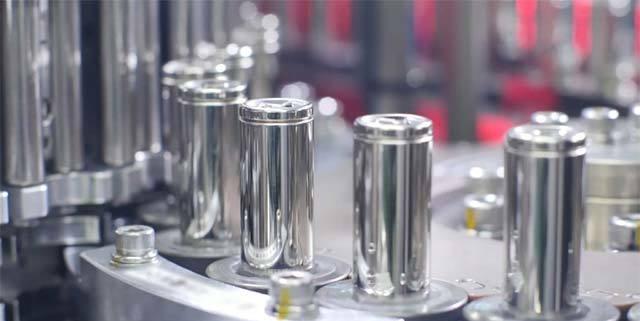Panasonic announced that its energy company will establish a production facility at its Wakayama plant in western Japan to produce new "4680" lithium-ion batteries for electric vehicles to expand its global business.

To promote the rapid adoption of electric vehicles, Panasonic has been working to strengthen its lineup of lithium-ion batteries in its cars. At present, Panasonic is developing a new high-capacity lithium-ion battery "4680" at several locations in Japan. The company will gradually develop production capacity in preparation for the full launch. With structural improvements, the Wakayama plant will add two additional production lines and utilities, and will begin production capacity verification and mass production in the fiscal year ending March 2024.
In September 2020, Tesla introduced a larger, more powerful battery, called the 4680. In Tesla, the name traditionally refers to dimensions: a round battery with a diameter of 46 mm and a battery length of 80 mm. The new battery should not only improve the range and performance of electric vehicles, but also be cheaper per kWh and significantly reduce production investment costs.
On its Battery Day, Tesla also announced at the time that it wanted to make the batteries itself using in-house developed equipment. For now, the new battery is only being produced at Tesla's pilot plant in Fremont. However, the company is building facilities to produce batteries at the Berlin Gigafactory and factories in other locations. That's a change in strategy, as the Californian company has so far worked with battery makers. First with the main partner Panasonic, but now also with LG Chem and CATL.